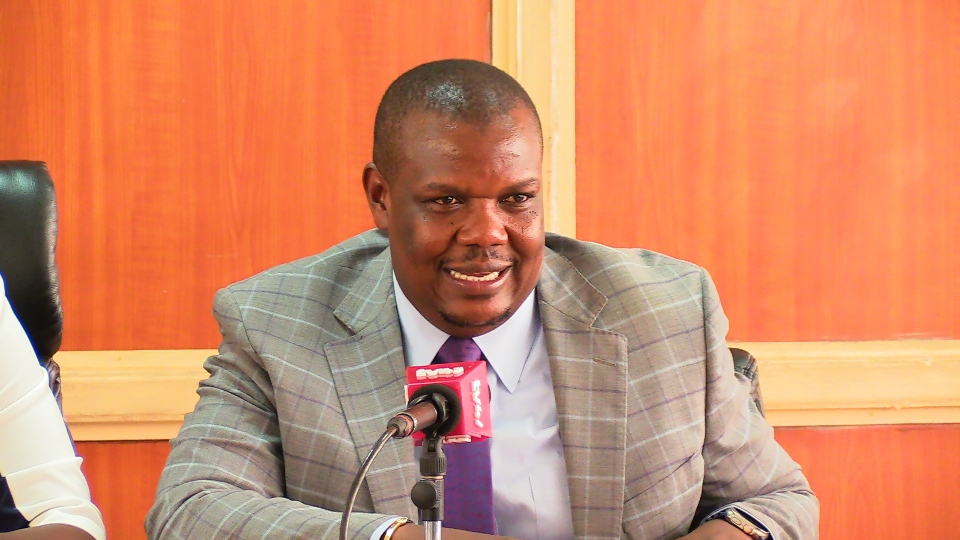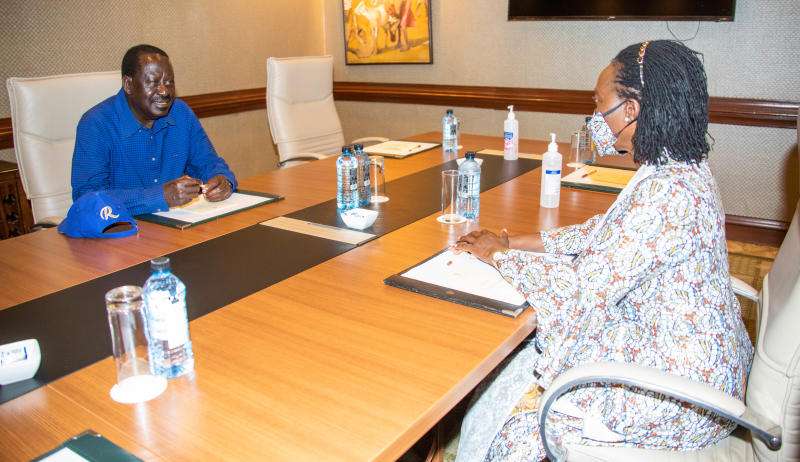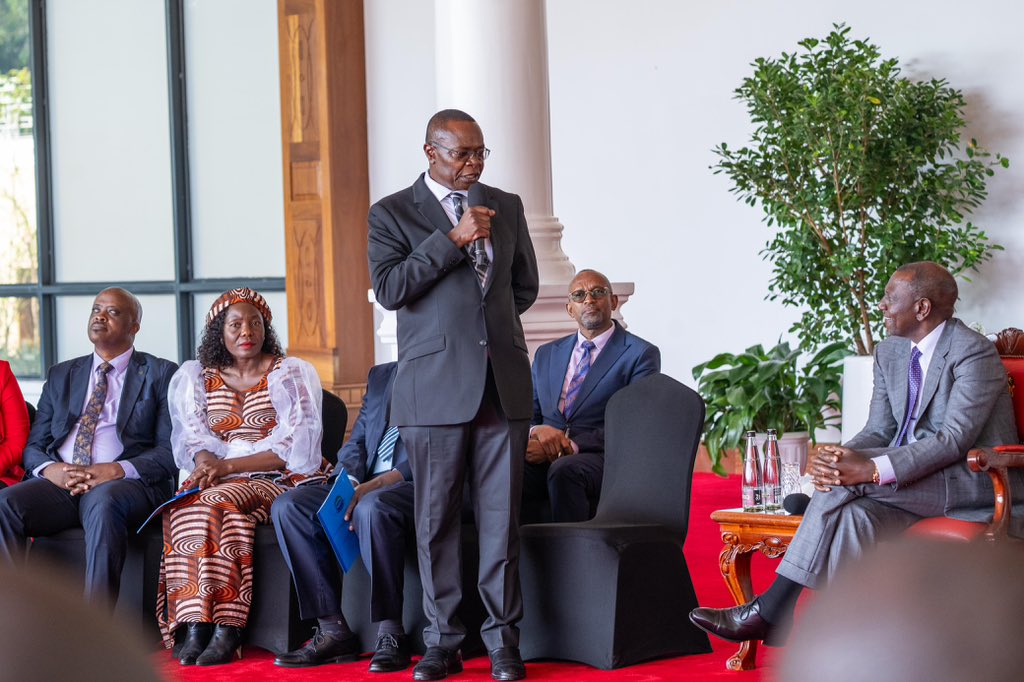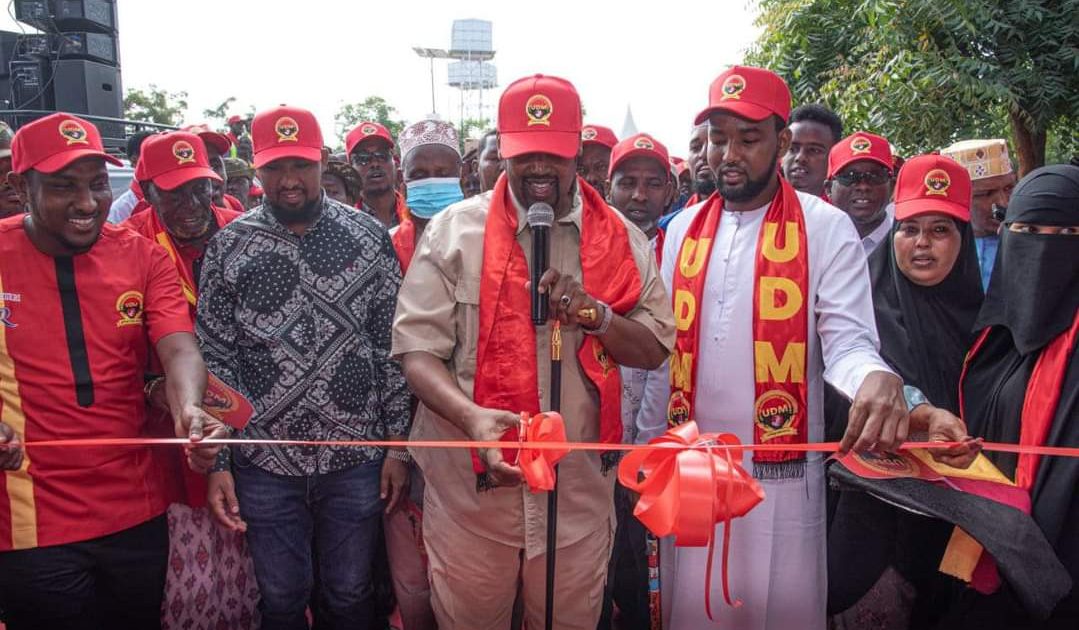Parliament’s summons to Nancy Gathungu sparks fears of political intimidation, raising questions over the independence of Kenya’s top audit office and the integrity of public oversight. Is this accountability — or raw power play?
TWV Political Desk
To unlock the full article:
Choose one of the options below:
- Ksh 10 – This article only
- Ksh 300 – Monthly subscription
- Ksh 2340 – Yearly subscription (10% off)
Members of Parliament have summoned Auditor-General Nancy Gathungu to appear before them this week, citing concerns over the purportedly substandard quality of reports issued by her office. The summons, issued by the Public Investments Committee (PIC) on Education and Governance and chaired by Bumula MP Wamboka Wanami, appears to be an act of intimidation for several reasons, reflecting a troubling power struggle that threatens the independence of a key constitutional office.
Firstly, the MPs’ accusations of “poor quality” audit reports and alleged collusion between auditors and state agencies lack substantive evidence. The PIC has criticised the Auditor-General for using terms such as “rubber-stamping” and “illegalities” in her reports, describing them as inflammatory. This rhetoric appears calculated to undermine public trust in Ms Gathungu’s office rather than foster constructive dialogue.
By portraying the Auditor-General’s work as flawed, the committee diverts attention from its own responsibility to act on audit findings, a recurring issue raised by Ms Gathungu herself, who has warned that Parliament’s delays in implementing audit recommendations risk billions in public funds.
Secondly, the summons carries the stench of political muscle-flexing, aligning with a broader pattern of MPs exerting pressure on independent institutions. This move appears to be a calculated political manoeuvre to place the Auditor-General’s office under political surveillance. Such interference is especially concerning given the Auditor-General’s constitutional mandate to operate independently, free from influence by Parliament or other entities.
The committee’s aggressive oversight style, as illustrated by its recent walkout on officials from the Kenya Space Agency and the Kenya National Qualifications Authority, suggests political theatre rather than genuine accountability. Analysts argue that such actions may prioritise media spectacle over substantive reform, further eroding public confidence in governance.
The demand for fresh audits on selected agencies raises further red flags. Such an approach could enable MPs to cherry-pick targets, potentially shielding allies or deflecting scrutiny from politically sensitive entities. This “selective political targeting” mirrors past criticisms of parliamentary committees sanitising scandals for political favours, as evidenced in the alleged secretive KES 31.6 billion Bomas of Kenya facelift. By controlling the audit narrative, MPs could steer investigations away from powerful figures or contentious projects, such as the controversial Adani–JKIA deal, where the PIC on Commercial Affairs and Energy ordered a forensic audit to probe irregularities.
The deeper issue lies in the institutional tension between Parliament’s oversight role and the Auditor-General’s independence. The summons tests Ms Gathungu’s resolve to defend her office’s autonomy against political interference. This is not an isolated case; the Auditor-General has previously flagged Parliament’s failure to act on audit reports, noting that the absence of sanctions allows accounting officers to evade accountability. A recent High Court ruling limiting Parliament’s ability to revisit audit reports older than three years further complicates matters, potentially emboldening MPs to challenge the Auditor-General’s authority while shielding implicated officials.
This standoff carries serious implications. Should Parliament succeed in pressuring Ms Gathungu, it would set a dangerous precedent for undermining other constitutional watchdogs, weakening Kenya’s checks and balances. Conversely, a firm defence of her office’s independence could reinforce the Auditor-General’s role as a bulwark against financial mismanagement. The public, already weary of corruption scandals such as the KES 12 billion KUSCCO saga and questionable energy contracts, is left to interpret a narrative clouded by political brinkmanship.
In conclusion, the summons appears less about improving audit quality and more about asserting parliamentary dominance over an independent institution. This power struggle risks compromising accountability and allowing political considerations to overshadow the fight against corruption. The Auditor-General must stand firm to safeguard her mandate, while Parliament should address its own lapses in enforcing audit recommendations rather than casting blame elsewhere. The outcome of this clash will shape Kenya’s governance landscape for years to come.
[/full]




